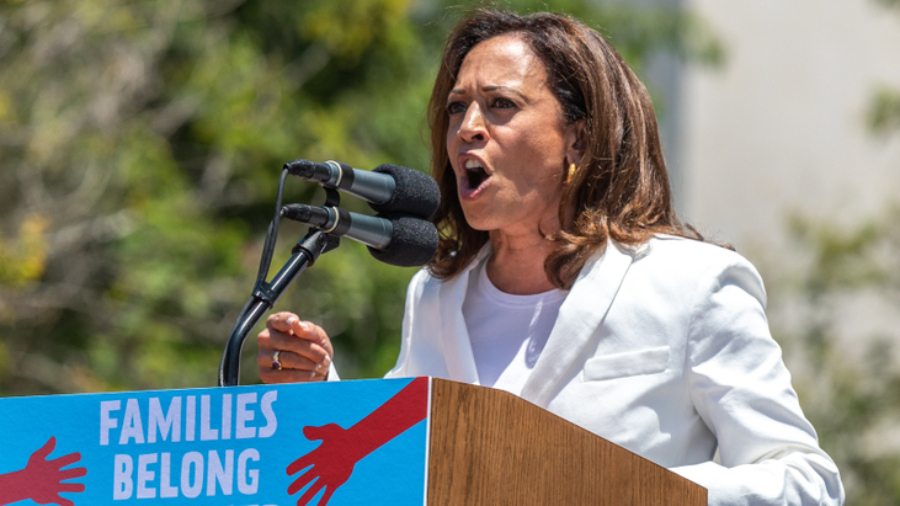My initial reaction to Derek Chauvin’s guilty verdict for the murder of George Floyd was… “and.” “And” in the sense that, a guilty verdict of second-degree unintentional murder, third-degree murder, and second-degree manslaughter should have been his actual fate. But as Childish Gambino rapped… This is America, a place where we see blatant injustices carried out against Black people every day, recorded on cell phones, and the agents of the state (police officer) almost always found not guilty.
Instead of channeling negativity, I’d rather echo the words of George Floyd’s brother, Philonise, “We are able to breathe again.” Philonise would go on to summarize the meaning behind his quote by stating, “I told you, we will get justice. And still, we’re gonna fight for you too. We got to fight for everybody.” And that’s where I hope the verdict leads, not to a historical point, rather a historical trend… a trend in which accountability is held by the state when it commits crimes against Black people.
Sorta like Dez Bryant.
A few years back, the National Football League created a problem thought to have been established when the game of football was invented, what is a catch? This became extremely controversial after Dallas Cowboys Receiver Dez Bryant brought the questioning of the catch rule to light in the 2014 playoffs. Though millions of viewers watching the game, and the broadcast booth watching the replay, no way, based on what we thought a football catch was, would Dez Bryant’s clutch touchdown be overturned and not ruled a catch. After the review, it wasn’t a catch, Dallas, and an entire football fanbase for years feared whenever a contested-catch was made, would it be overturned?
Sounds familiar?
It seems with each controversial killing by a police officer, we the public, even when empirical evidence such as recordings are presented, the ruling goes in the officer’s favor.
In 2018, years after ruling against it, the NFL ruled Dez Bryant did in fact make a legitimate football catch, and Dallas should have been awarded the touchdown, lead, and possible victory. Since the ruling was reversed and the NFL has since made several rules changes, there has been far less questioning on catches, and the reviews more consistent.
There is no doubt, the endless crying from Cowboys fans and hashtag #dezcaughtit had a strong influence on the NFL ultimately resulting in them improving the catch rule. Regarding George Floyd, the verdict and case were clearly amplified by everything from the initial cell phone recording to global protesting, showing that those strong influences could lead to change. Hopefully, it’s long-term change.
Similar Read: Chauvin Verdict






